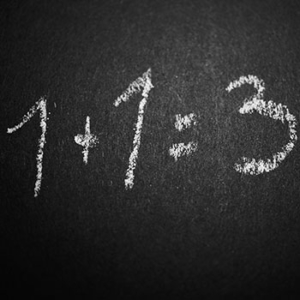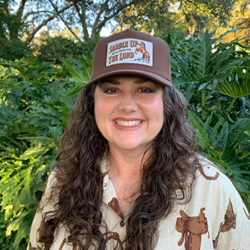What’s your investment account worth? How tall are you? What do you weigh? How old are you?
 Simple questions, yes — but depending upon the context, most of us answer them in different ways. I’m not sure how tall I am. I think I used to be 5’ 9 & ¾” when it mattered for ego purposes (as if the woman of my dreams or the NBA, either one, was going to say “That 3/4ths of an inch makes all the difference. Come on in.”) but it may have been 5’ 8 & ¾. I really don’t remember. At times, I think I wrote 5’ 10” on some forms in doctors’ offices, but I was just as likely to write 10’ 5”… to see if anyone was actually reading them.
Simple questions, yes — but depending upon the context, most of us answer them in different ways. I’m not sure how tall I am. I think I used to be 5’ 9 & ¾” when it mattered for ego purposes (as if the woman of my dreams or the NBA, either one, was going to say “That 3/4ths of an inch makes all the difference. Come on in.”) but it may have been 5’ 8 & ¾. I really don’t remember. At times, I think I wrote 5’ 10” on some forms in doctors’ offices, but I was just as likely to write 10’ 5”… to see if anyone was actually reading them.
So why do doctors ask you how much you weigh? I mean, they always make you stand on one of those fancy scales, don’t they? Is it a test of your veracity — or simply a humbling experience designed to set the power dynamics in the relationship? Doctor: “Let’s see, you say you weigh 190, but the scales reads 310. Hmmm.” Twit. (The doctor, I mean, not you or me.)
 And what’s the deal with those forms in the doctor’s office that ask your date of birth followed immediately by a blank asking your age? Is this a math test? Can I use a calculator? Remember that middle school (it was called junior high in my time) math teacher who loved to tell students: “You won’t always have a calculator with you”? Yeah, or access to a universal library either.
And what’s the deal with those forms in the doctor’s office that ask your date of birth followed immediately by a blank asking your age? Is this a math test? Can I use a calculator? Remember that middle school (it was called junior high in my time) math teacher who loved to tell students: “You won’t always have a calculator with you”? Yeah, or access to a universal library either.
One of the more difficult questions I get: how old my children or grandchildren are. How can I possibly know that? They all change their ages every year! There is just no consistency. When pressed, however, I make things up. Daughter? 26. Grandkids? 27. Then I leave the building.
Plus, there’s the whole month issue. My grandson was born in November 2018. Is he one, almost two, or nineteen months? Do we count the current partial month or do we not? How about days; should we add them in? Is there a consensus as to when we can stop counting months as the age? Am I on solid footing to tell people I’m 62 instead of 744 months (well, 751 plus some days, actually)?
Numbers, or more precisely (that’s a pun. Wait — you’ll see) measurements are valuable tools for understanding the world around us. But the precision (there it is!) is best left to the context. Do you know how to measure a yard? It is — precisely — 3600/3937 of a meter. A meter, of course, is the “length equal to 1,650,763.73 wavelengths in vacuum of the radiation corresponding to the transition between the levels 2p and 5d of the krypton-86 atom.” (Source: National Institute of Standards and Technology)
 Go ahead and measure a yard. I’ll wait. Oops, I meant a yard of dirt which is actually a cubic yard so you need to measure three times or thereabouts.
Go ahead and measure a yard. I’ll wait. Oops, I meant a yard of dirt which is actually a cubic yard so you need to measure three times or thereabouts.
This little exercise brings us back to the first question: How much is your investment account worth?
Are we using current market quotes or 15 minutes delayed? What if the market’s not open? Should we include any potential brokerage, or will an estimate be good enough? Are we using US dollars or do we need to convert some to British pounds in anticipation of our trip to London to see Phantom one more time?
You get my point, I hope. It is a fluid market; values flow. Market volatility is with us constantly; investors can — and often do — make themselves crazy from watching and totaling account values. Financial investments are a flowing river, not a stagnant pond. It is unwise to invite stress by adding up your account values daily or monthly to “see where you are.”
What to do, then? Evaluate your plan and see if you are in your target zone; or, “riding the river” in the case of our current metaphor. Speaking of currents in the “river” sense, sometimes there are rapid currents, sometimes backflows. But it is always a journey. This journey is to be enjoyed — cherished even — otherwise we might as well just sit in one place.
July 2020




